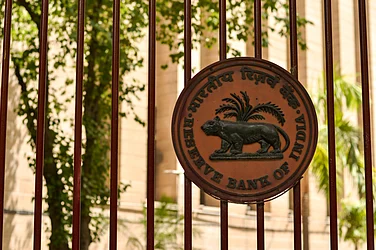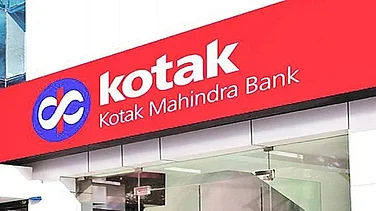While the government has infused huge capital in public sector banks (PSBs), the same has largely been used to mitigate losses and has “failed to contribute meaningfully to credit growth”, according to an analysis by Fitch Group’s India Ratings and Research.
It has argued that it is time to revaluate the objectives of PSBs and their role in the Indian economy.
Consider this: between 2013-15 and 2018-19, the government and Life Insurance Corporation (LIC) together infused Rs 3 lakh crore in PSBs. However, from the value creation objective, the scenario looks weak as the current market value (as on July 29) of government and LIC’s stake was Rs 4.4 lakh crore compared to Rs 2.2 lakh crore in 2014.
“The increase in market capitalisation over FY14 is significantly lower than the capital infused. Nine of 19 PSBs reported current value of investment higher than the investment amount,” Ind-Ra has found.
The sharp deterioration in asset quality in the last few years led to accelerated provisions among all PSBs which caused banks to suffer massive losses, which in turn led to failure in meeting objectives of recapitalising banks based on their performance and their ability to support credit expansion.
“In reality, the capital infused was largely consumed to tide over losses resulting from provisions required on non-performing assets,” it said.
Over the years, the market share of PSBs in incremental credit generation shifted to other market participants including private banks, foreign banks, non-bank financial companies, housing finance companies and mutual funds. The market share of PSBs fell to 46.5 per cent in FY19 from 60.9 per cent in FY14. More importantly, in terms of incremental credit, the share of PSBs has been 26.2 per cent over FY14-FY19.
“Recapitalisation is a prompt response to infuse funds in cash-strapped public sector banks. The capital infusion by the government in PSBs may ensure banks’ solvency but may not necessarily ensure stability and growth in the absence of non-financial and structural reforms,” the India Ratings and Research said.
It recommended some structural changes including increase the tenure and prevention of frequent changes in senior management team of PSBs, inclusion of variable compensation and grant employee stock options to directly link the performance of the bank with the performance of the management team and allowing appointment of candidates from the private sector.
It also recommended improved governance and increased independence of the board, adapting intelligent technologies to source business, manage loan workflows, reduce operating costs and reduce subjectivity in sanctions.
“Without structural reforms in place, the government will have to continue to inject capital into banks in times of stress, which will strain its own finances and hinder efforts for fiscal consolidation,” it added.































